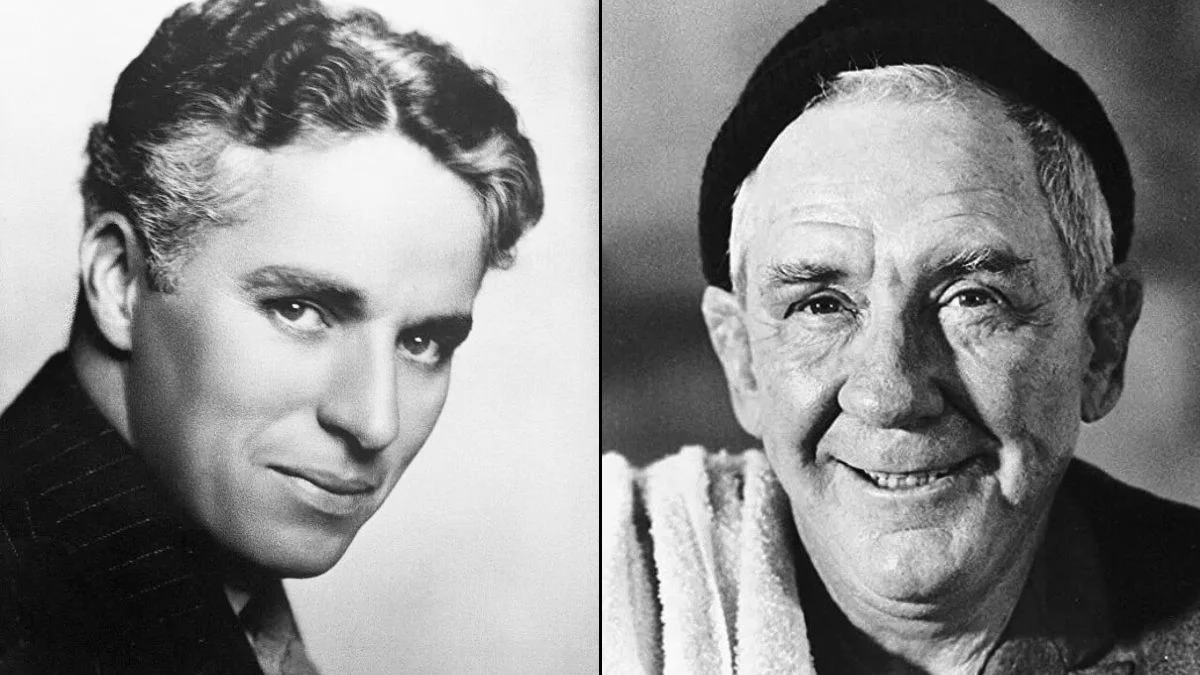
Throughout history, entertainers who expressed unpopular opinions or connected with controversial groups have often faced serious repercussions. Governments and studio leaders have sometimes worked together to prevent talented performers from getting jobs simply because of what they believed or who they knew. This was especially common in the mid-1900s, during the intense fear of communism, and led to the ruin of many careers. The following list details the stories of twenty actors who were blacklisted and suffered professionally and personally due to their political beliefs.
Charlie Chaplin
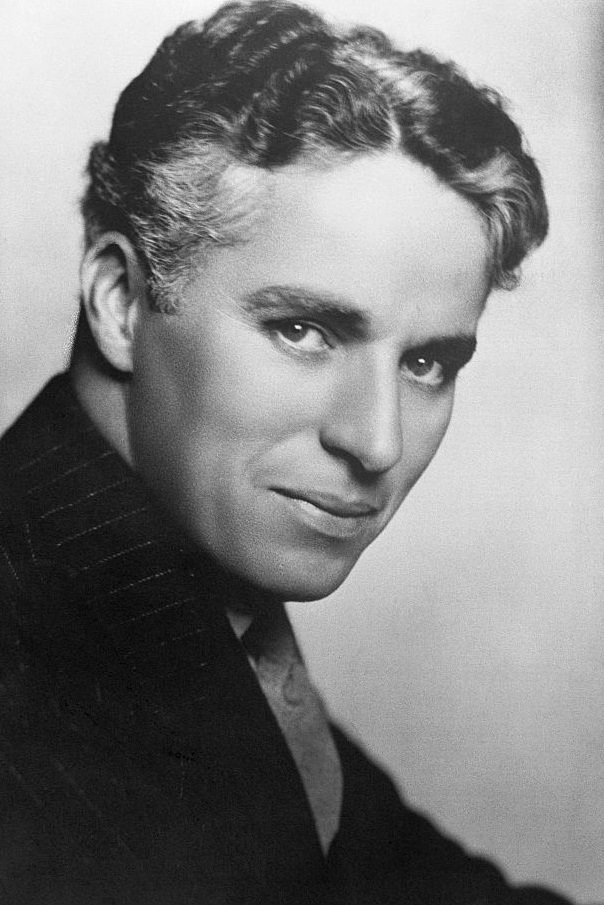
Charlie Chaplin came under intense investigation by the FBI and other government officials because of concerns about his supposed communist beliefs and the way his films, like ‘Modern Times,’ criticized society. In 1952, he was prevented from returning to the United States after a trip to London for a film showing. Rather than fight to come back, Chaplin decided to live in Switzerland, as the United States had become unwelcoming to his political views. He remained in exile for twenty years before finally returning to receive an honorary Oscar late in life.
Paul Robeson
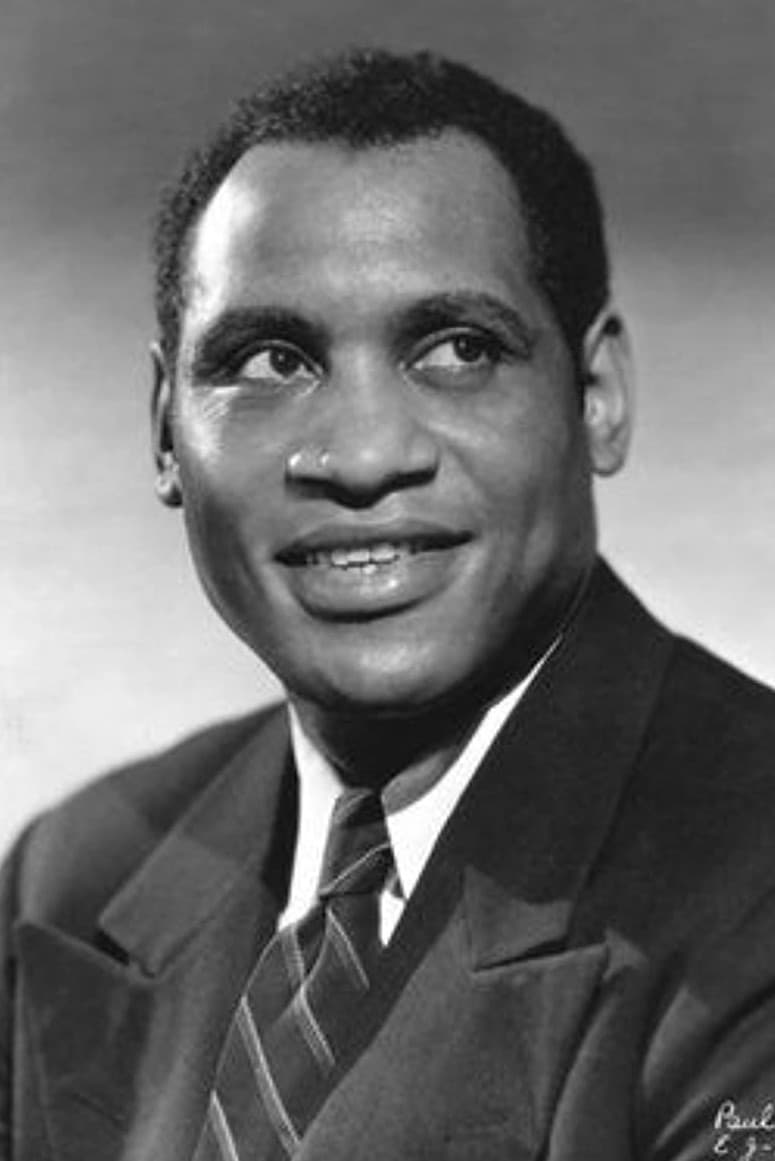
This famous actor and singer faced hardship because he openly supported civil rights and expressed positive views about the Soviet Union. In 1950, the State Department took away his passport, stopping him from working internationally. He was also blacklisted, leading to cancelled concerts and a loss of income. Despite facing financial difficulties and health problems caused by this ongoing government pressure, Robeson continued to stand firm in his beliefs.
Lee Grant
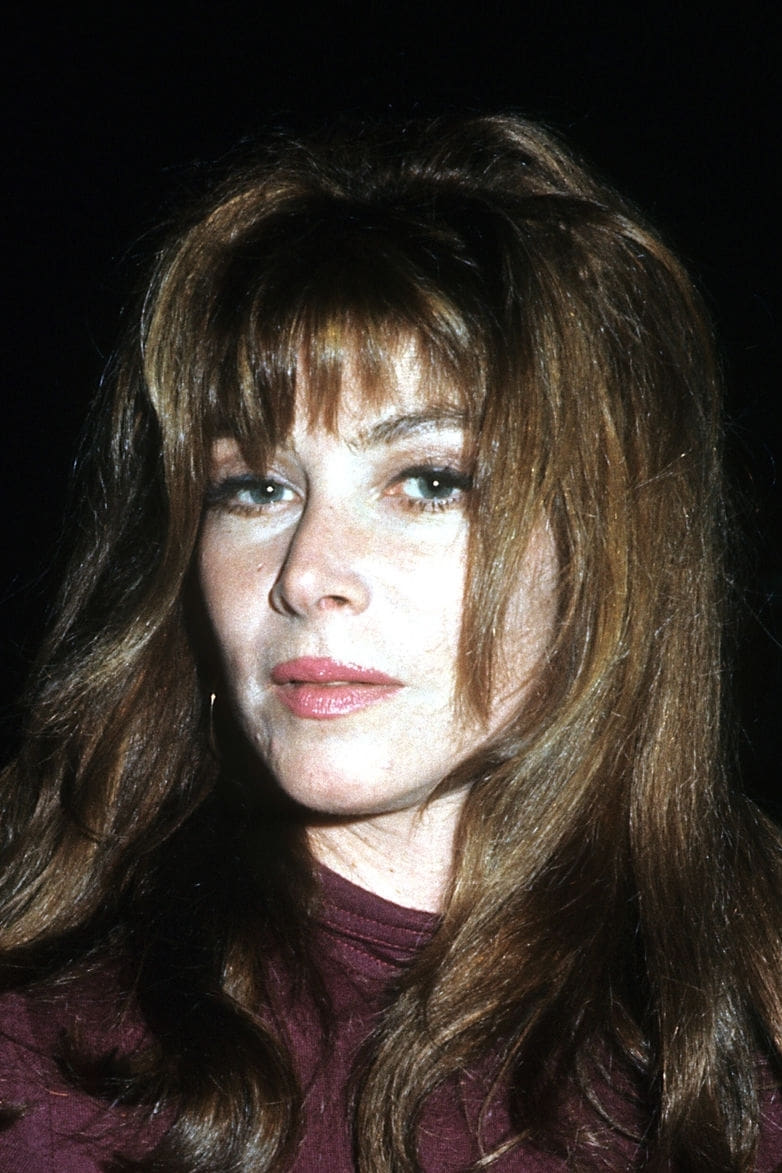
After refusing to cooperate with the House Un-American Activities Committee and testify against her husband, actress Lee Grant was blacklisted. This abruptly ended her rising career, despite critical acclaim – including an Oscar nomination and a Best Actress award at Cannes for ‘Detective Story’. For twelve years, she was unable to find work in film or television, and supported herself through theater and teaching. Eventually, the ban was lifted, and she returned to the screen, later winning an Academy Award for ‘Shampoo’.
Zero Mostel
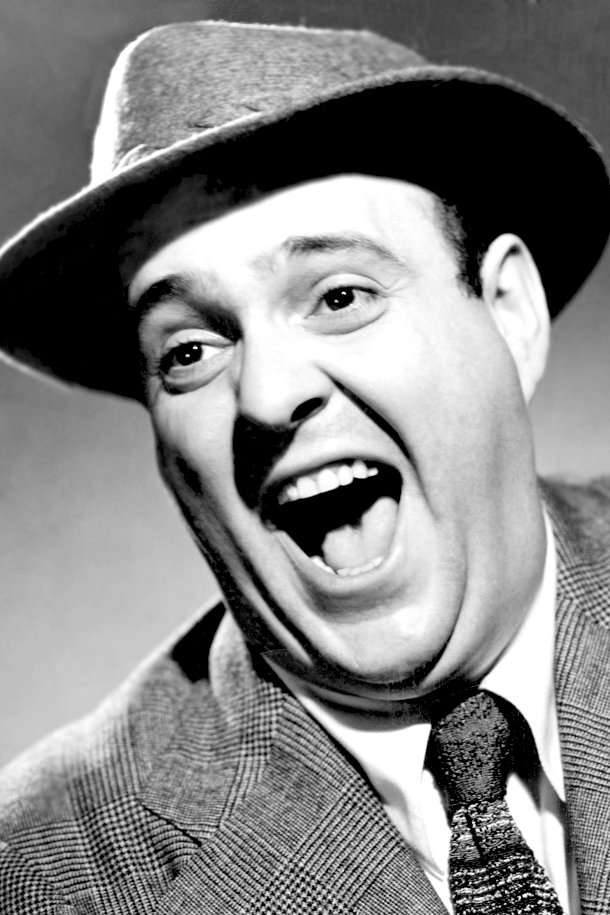
In 1955, the celebrated comedian was called to testify before the House Un-American Activities Committee and bravely refused to identify anyone he believed to be a communist. This led to him being blacklisted, forcing him to earn a living through painting and small theater jobs to provide for his family. His career experienced a major comeback in the 1960s with hit Broadway shows like ‘Fiddler on the Roof’ and ‘A Funny Thing Happened on the Way to the Forum’. He used the anger and hardship he felt during the blacklist years to fuel his powerful performance in the movie ‘The Front’.
Eartha Kitt
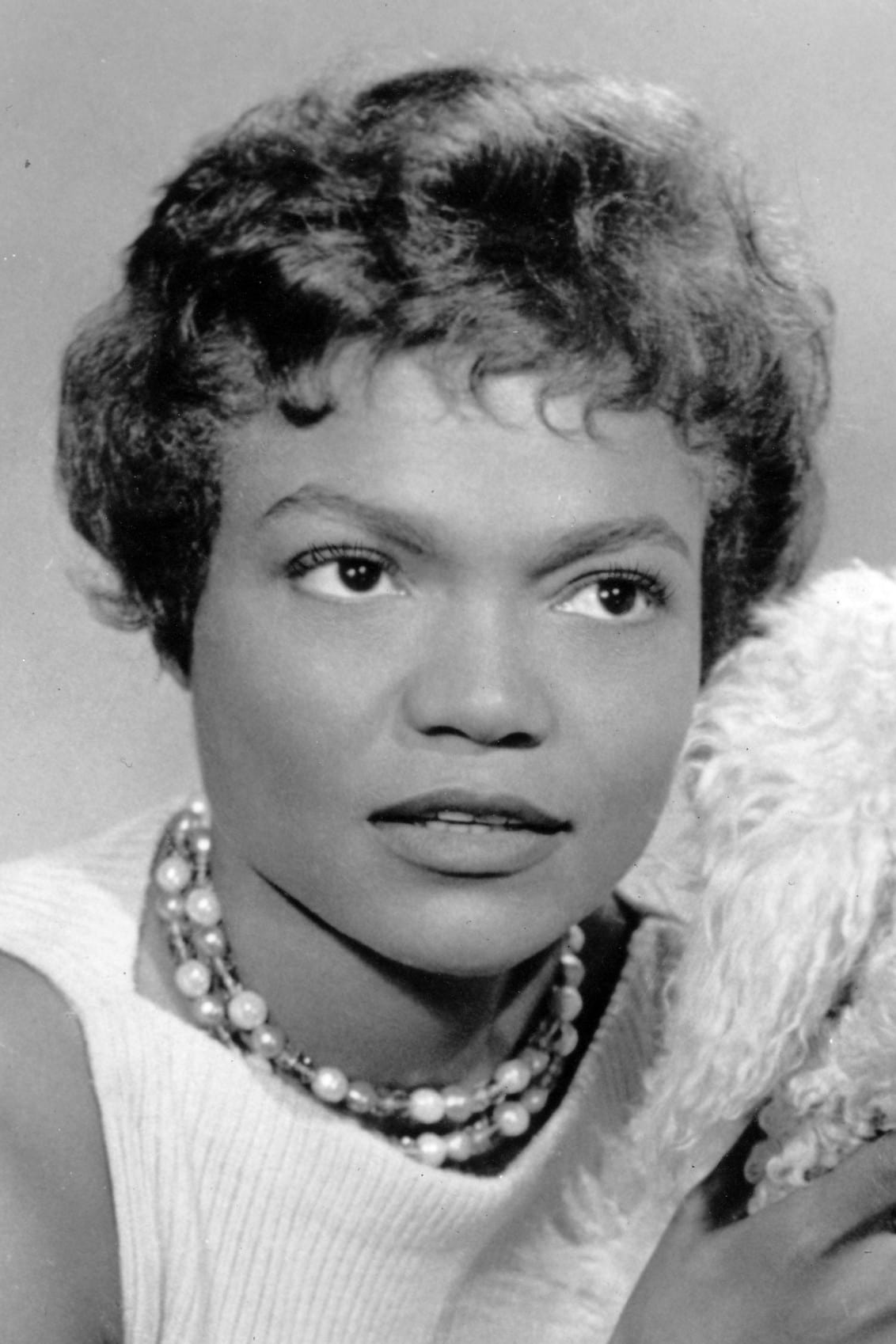
Eartha Kitt’s career suffered a sharp downturn after she spoke out against the Vietnam War at a White House lunch with Lady Bird Johnson in 1968. Her honest opinions on the war’s effect on young people supposedly upset the First Lady and angered President Lyndon B. Johnson. As a result, the CIA created a file on her, and she struggled to find work in the United States for years. She spent much of the next ten years performing in Europe before successfully returning to Broadway and American films.
Will Geer
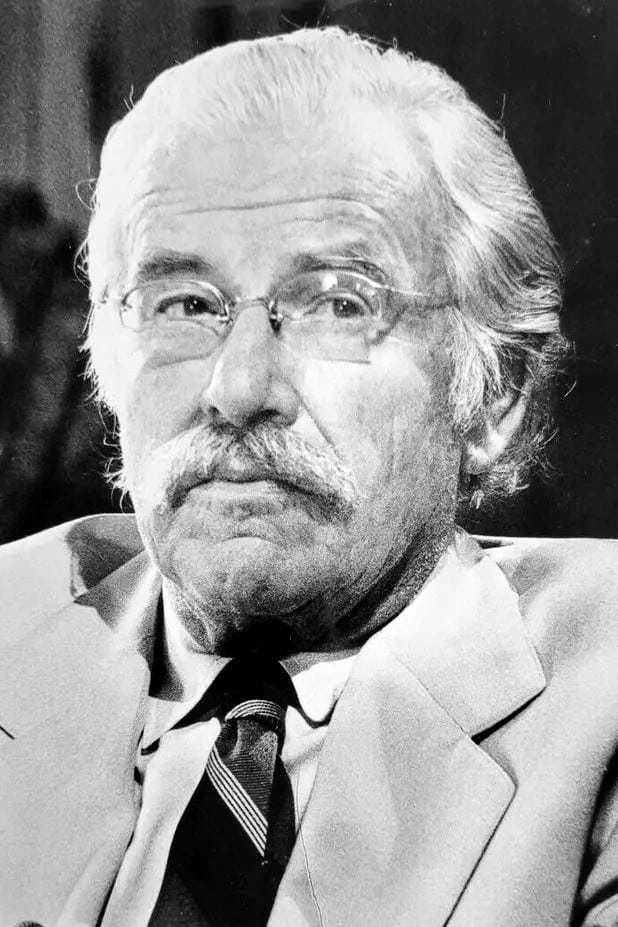
I remember Will Geer best as Grandpa on ‘The Waltons,’ but it’s amazing to me how much his life was impacted by the political climate of the time. He really stood up for what he believed in, being a dedicated activist and even a member of the Communist Party. When he was called to testify before Congress, he refused and took the Fifth, which unfortunately led to him being blacklisted. He lost everything – he had to sell his property and basically lived off the land, taking whatever acting work he could get. But he was incredibly resilient. He actually started a theater company that became a safe place for other artists who’d been blacklisted, and for folksingers too. It was a real community he built.
Burgess Meredith
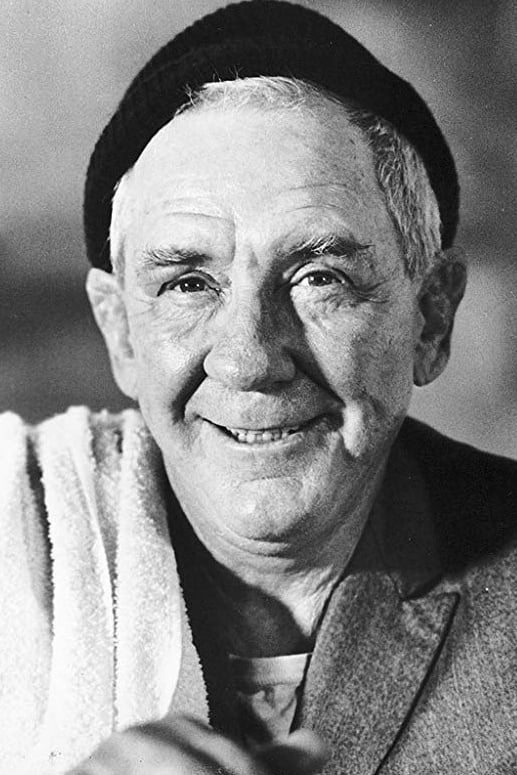
After expressing liberal political opinions, the actor was sidelined in Hollywood when the House Un-American Activities Committee began to scrutinize him. Though never a Communist, his career stalled because of the widespread fear and distrust of the time. He spent several years working in theater and radio while film roles became scarce. Eventually, he successfully returned to prominence, becoming a beloved figure in movies like ‘Rocky’ and the ‘Batman’ television show.
Marsha Hunt
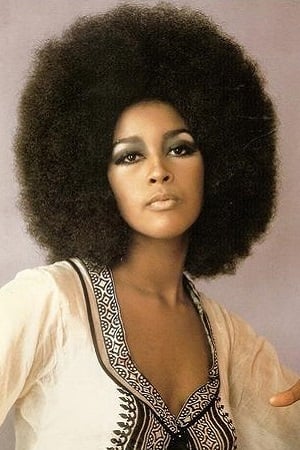
Hunt was becoming a successful actress at MGM, but her career stalled when she publicly opposed the House Un-American Activities Committee by speaking out in Washington. She was then listed in a publication called Red Channels, which accused people of having communist connections. Studio executives pressured her to disavow her actions, but she refused to go against her beliefs. As a result, her promising film career ended early, and she dedicated much of her life to working in humanitarian fields.
Gale Sondergaard
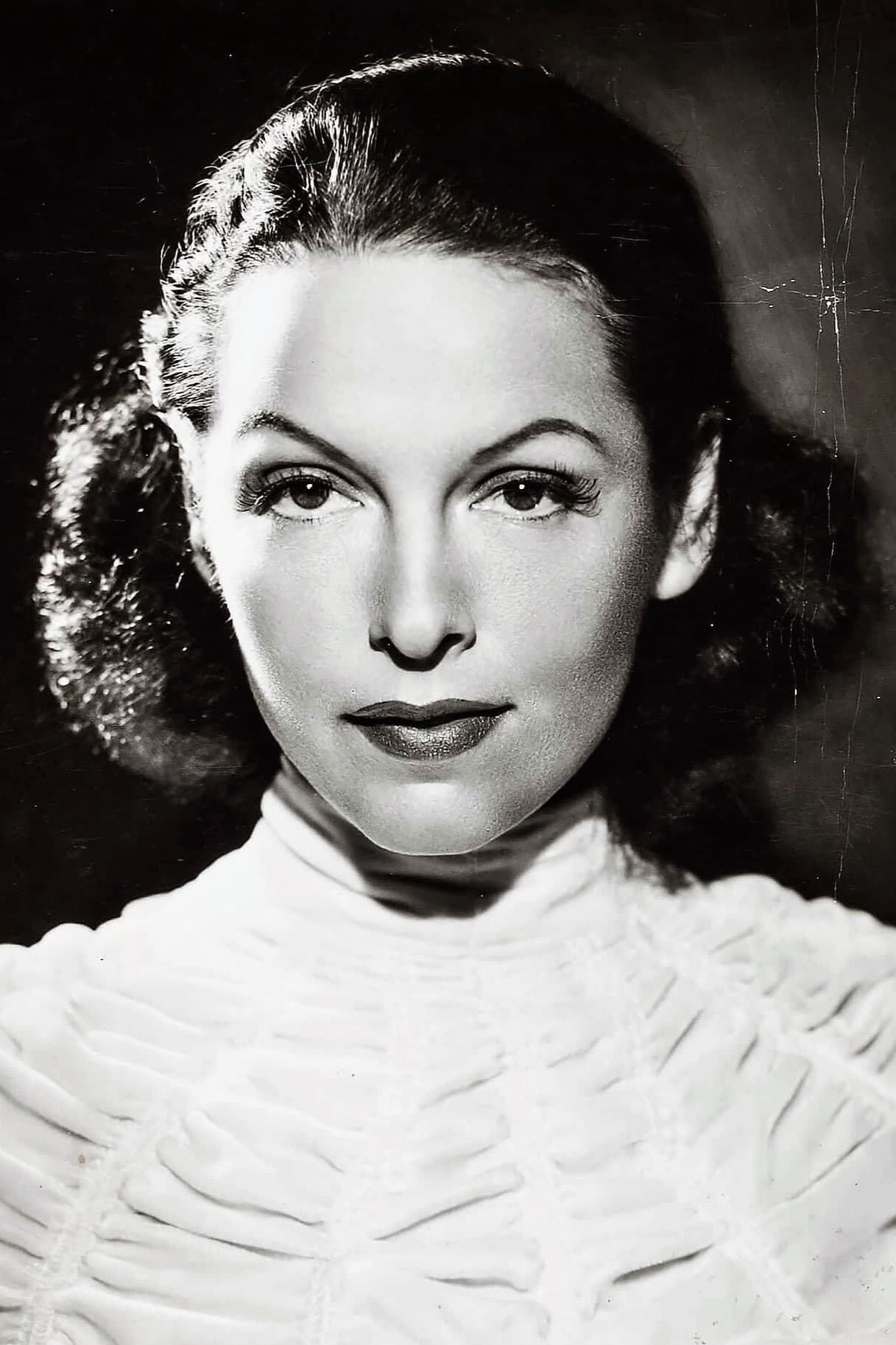
Though she won the first-ever Academy Award for Best Supporting Actress, her career was later derailed by the Hollywood blacklist. She and her husband refused to cooperate with the House Un-American Activities Committee, choosing to protect their rights against self-incrimination. As a result, she was quickly dropped by the studios and didn’t appear in a major film for twenty years. She eventually returned to acting in the late 1960s, notably revisiting a role in ‘Sherlock Holmes’ that she had originally been dismissed from decades prior.
John Garfield
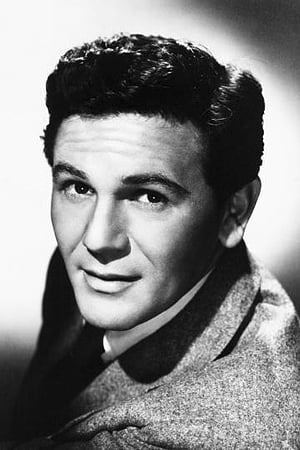
John Garfield was a popular actor famous for playing tough, rebellious characters. He was unexpectedly asked to explain his political beliefs, and while he insisted he wasn’t a communist, he wouldn’t reveal the names of people he knew to the investigating committee. The pressure from the investigation and the resulting loss of acting jobs badly affected his already weak heart. He tragically died of a heart attack at just thirty-nine years old, never able to prove his innocence or resume his career.
Anne Revere
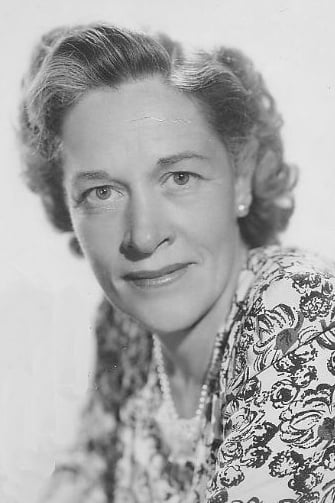
This talented character actress often played mothers on screen and famously won an Oscar for her performance in ‘National Velvet’. However, her career was severely impacted when she invoked her Fifth Amendment rights during a testimony, leading to her being fired and blacklisted from the film industry. She left her position on the Screen Actors Guild board and didn’t act in another movie for twenty years. While she eventually returned to critical praise, she lost many years of potential earnings.
Kim Hunter
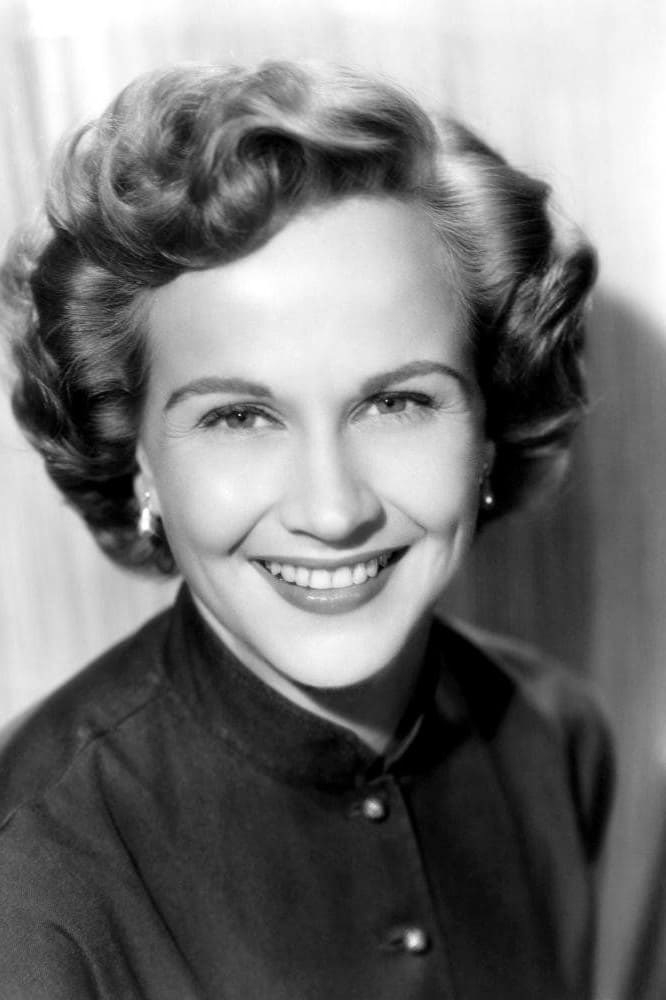
Although Kim Hunter won an Academy Award for her performance in ‘A Streetcar Named Desire’, she soon struggled to find work. She was listed in Red Channels, a publication identifying alleged communist sympathizers, because she had supported a peace conference and signed civil rights petitions. This blacklist effectively ended her ability to build on her Oscar success, forcing her to take on infrequent television and stage roles. Later, she explained she hadn’t realized the political significance of the petitions when she signed them.
Jean Seberg

Jean Seberg was unfairly targeted by the FBI because she donated money to civil rights organizations, including the NAACP and the Black Panther Party. As part of a secret operation, agents spread lies about her private life to the media, hoping to ruin her reputation and end her acting career. This constant monitoring and harassment deeply affected her emotional well-being and made it hard for her to find work in Hollywood. Years of this government mistreatment culminated in her tragic death in Paris.
Lionel Stander
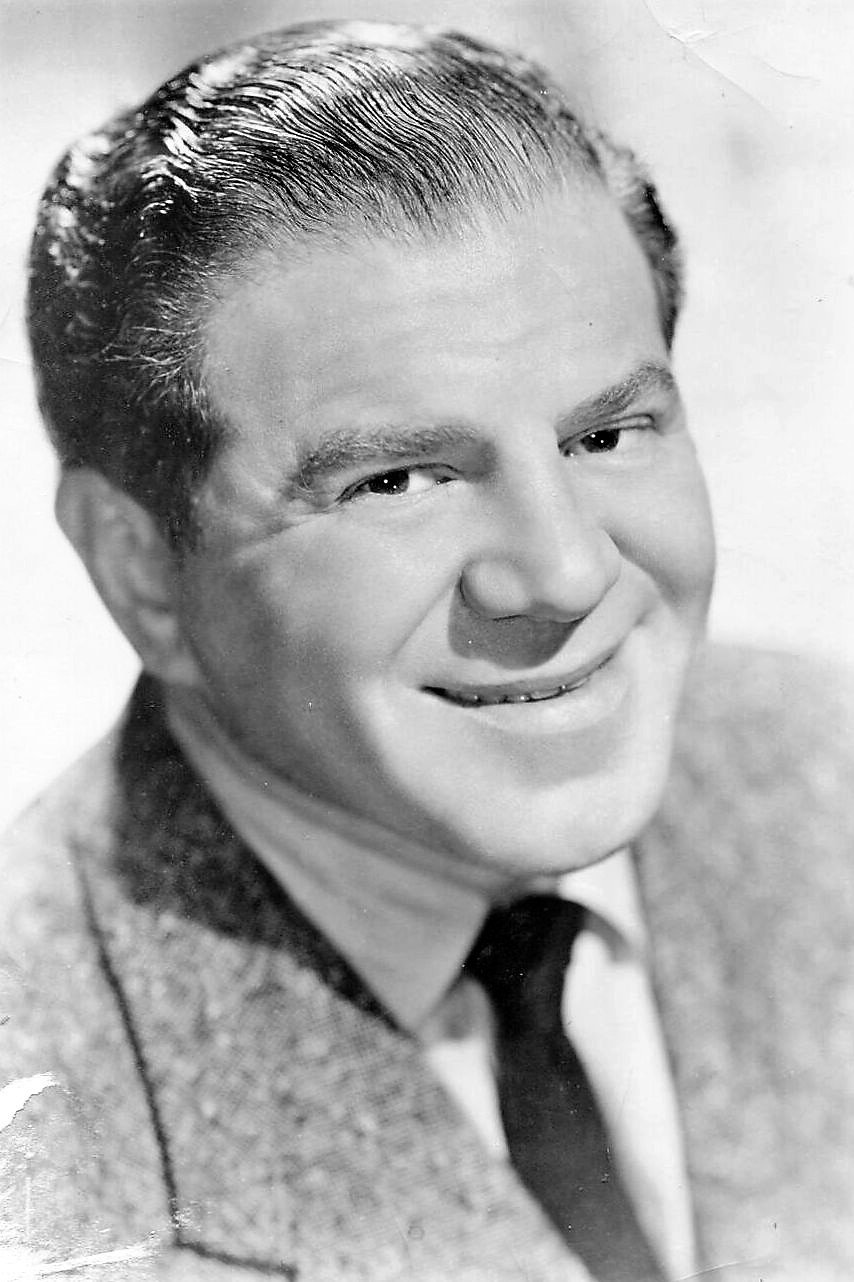
Victor Jory, known professionally as Stander, was a strong-willed founding member of the Screen Actors Guild and openly shared his progressive political views. He was targeted and blacklisted twice – once in the late 1930s and again in the 1950s – after boldly speaking out before the House Un-American Activities Committee. This led him to work in Europe and in finance for two decades before he finally achieved success later in his career with the television show ‘Hart to Hart’. For many years, American audiences missed out on his powerful voice and unique on-screen presence.
Jeff Corey
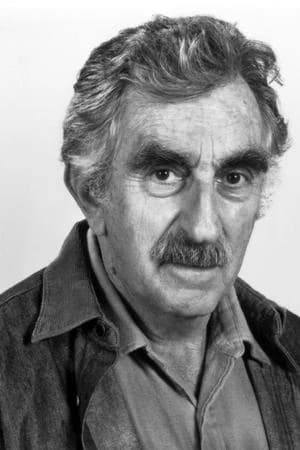
Corey was a working actor who, after appearing before a committee and refusing to identify others, found himself blacklisted from the film industry. During the twelve years he was unable to work as an actor, he converted his garage into a teaching studio and mentored students who went on to become stars, including Jack Nicholson and Barbra Streisand. Despite being unable to act professionally, he became a highly influential acting coach in Hollywood. He eventually returned to the screen with roles in ‘Seconds’ and ‘In Cold Blood’.
Howard Da Silva
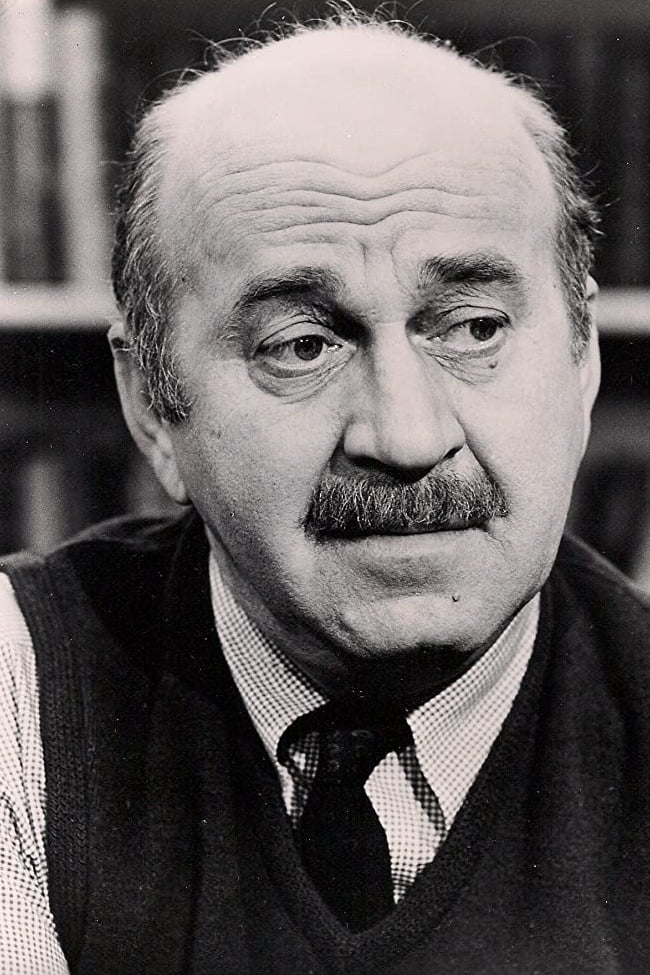
The actor was thriving in both movies and on stage when he was accused of being a communist and asked to answer questions before a government committee. In 1947, Da Silva was the first person to refuse to answer questions by using his Fifth Amendment right against self-incrimination. This led to him being blacklisted from the film industry for more than ten years, forcing him to work in theater. He later made a comeback in the movie ‘1776’, where he played the role of Benjamin Franklin.
Larry Parks
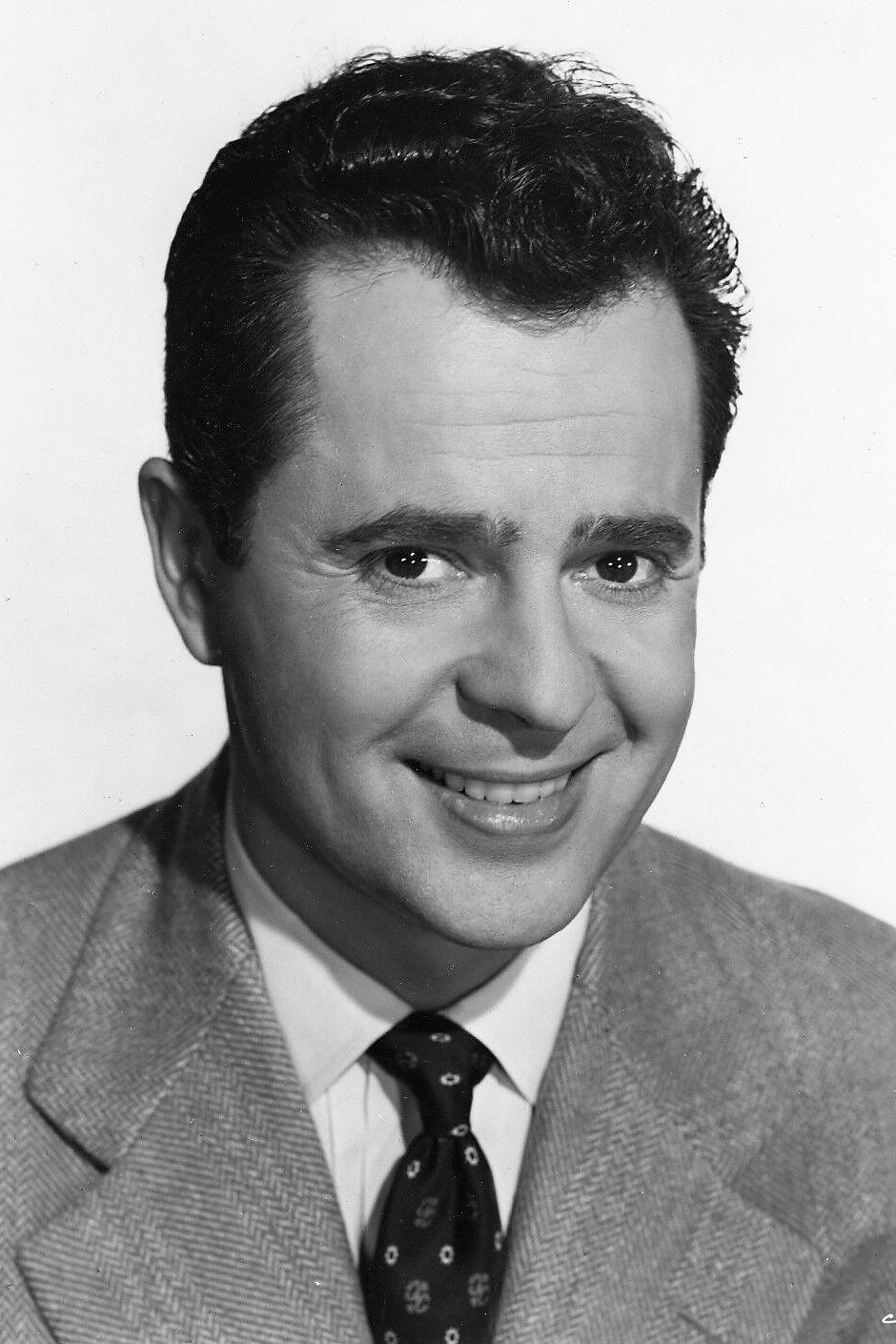
Larry Parks became famous for his leading role in ‘The Jolson Story’ and appeared destined for a successful film career. However, his momentum stopped when he was called to testify before a congressional committee. He first confessed to having been a member of the Communist Party, but he didn’t want to identify other members. Despite initially refusing, he eventually gave up names under intense questioning. But the damage to his career was irreversible; Hollywood effectively blacklisted him. He only appeared in a handful of minor roles after his testimony, and spent the rest of his life working in construction and real estate.
Jack Gilford
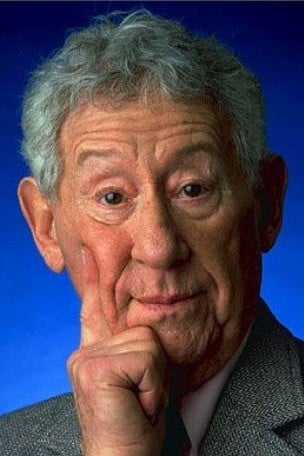
This popular comedy actor was unfairly targeted and excluded from work in the 1950s after being identified by choreographer Jerome Robbins during a hearing. He and his wife were involved in progressive political groups and struggled financially as a result of the ban. Despite the hardship, he continued to work in theater and eventually returned to film and television in the 1960s, enjoying a successful comeback. Years after his career was disrupted, he even received an Academy Award nomination for his role in ‘Save the Tiger’.
Canada Lee
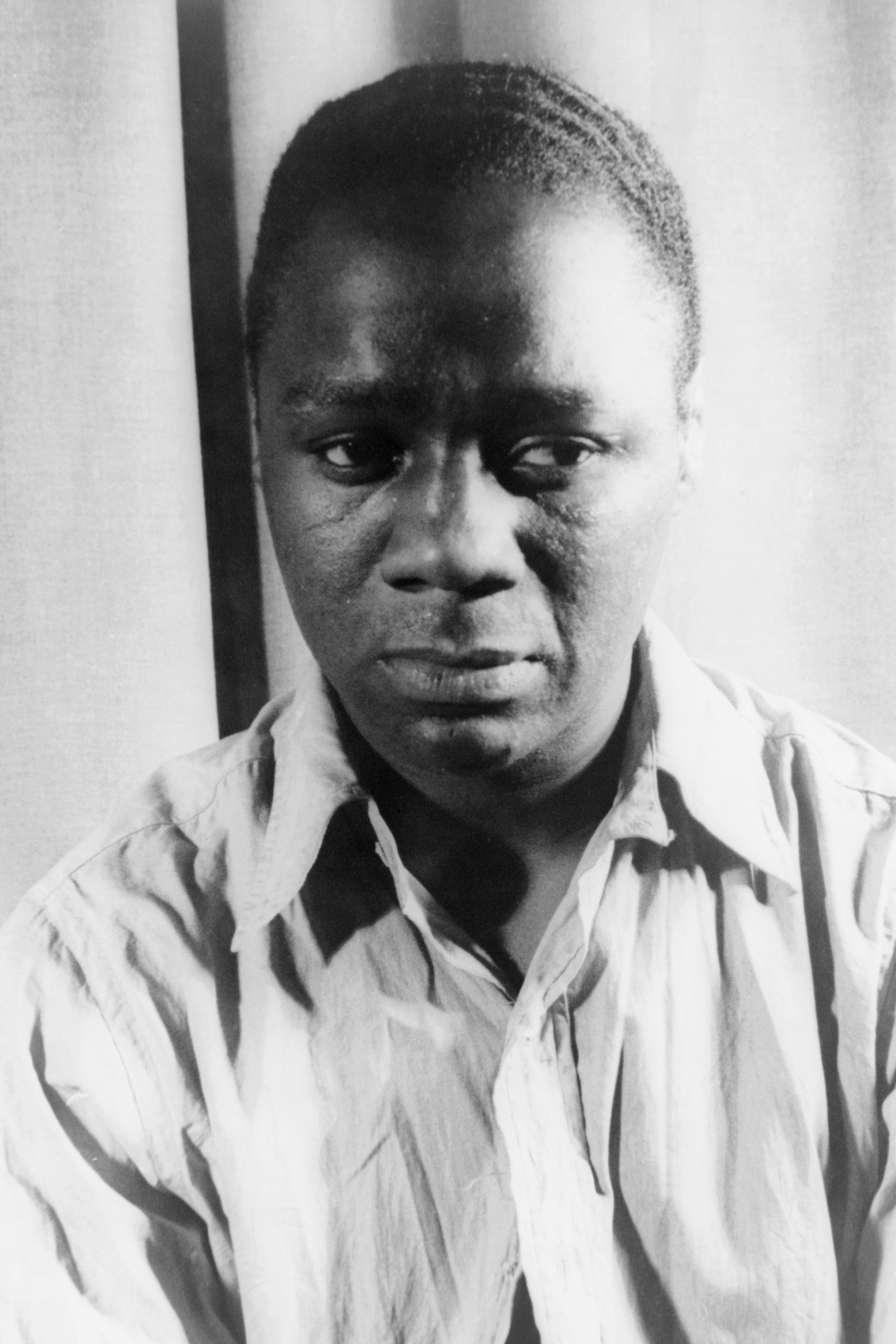
Lloyd ‘Lee’ Phillips was a pioneering Black actor who overcame racial prejudice in both theater and film. However, he was wrongly accused of being a communist, leading to intense FBI surveillance and a travel ban that prevented him from working overseas. The resulting pressure from being blacklisted and unable to find work severely impacted his health, causing high blood pressure and ultimately kidney failure. He tragically died at the age of forty-five, shortly before he was due to testify before the House Un-American Activities Committee.
Vanessa Redgrave
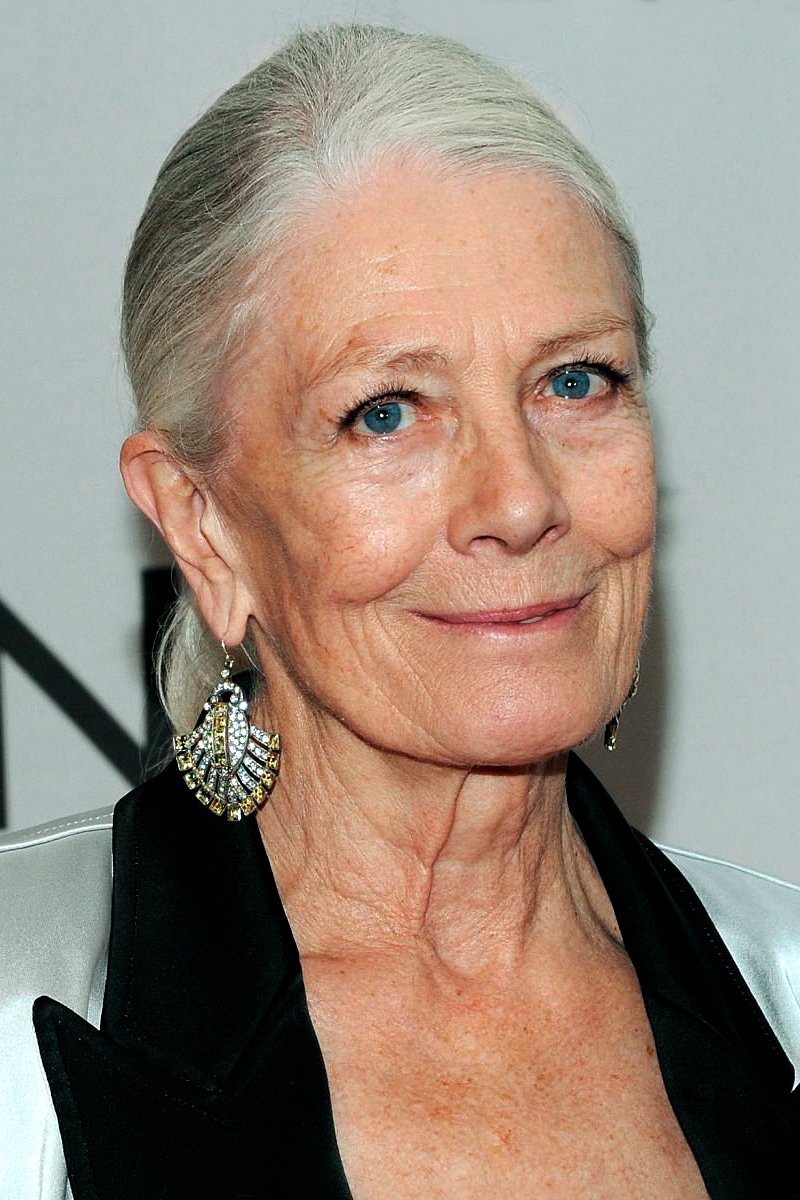
Vanessa Redgrave experienced significant negative reactions in Hollywood after making a documentary that supported the Palestinian cause, which she produced and narrated. When she used her 1978 Academy Award acceptance speech to condemn what she called ‘Zionist hoodlums,’ she was met with boos from the audience. This led to death threats and a loss of acting roles, as studios were worried about the controversy surrounding her. Despite these serious professional consequences, she continued to be a vocal political activist throughout her career.
Read More
- Gold Rate Forecast
- DOT PREDICTION. DOT cryptocurrency
- Silver Rate Forecast
- Top 15 Insanely Popular Android Games
- 4 Reasons to Buy Interactive Brokers Stock Like There’s No Tomorrow
- EUR UAH PREDICTION
- Did Alan Cumming Reveal Comic-Accurate Costume for AVENGERS: DOOMSDAY?
- ELESTRALS AWAKENED Blends Mythology and POKÉMON (Exclusive Look)
- Core Scientific’s Merger Meltdown: A Gogolian Tale
- New ‘Donkey Kong’ Movie Reportedly in the Works with Possible Release Date
2025-11-20 12:47